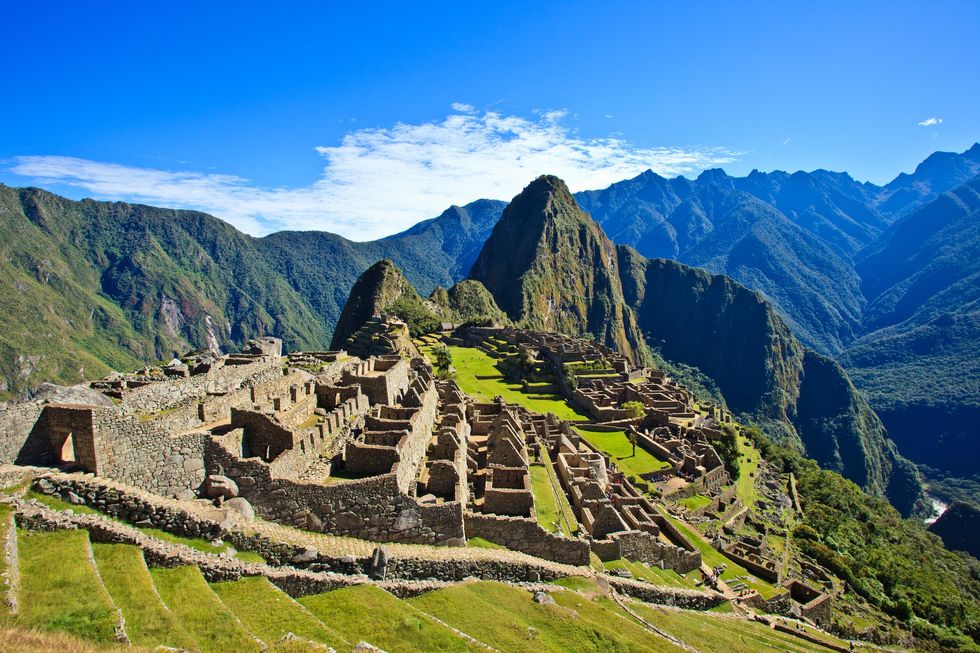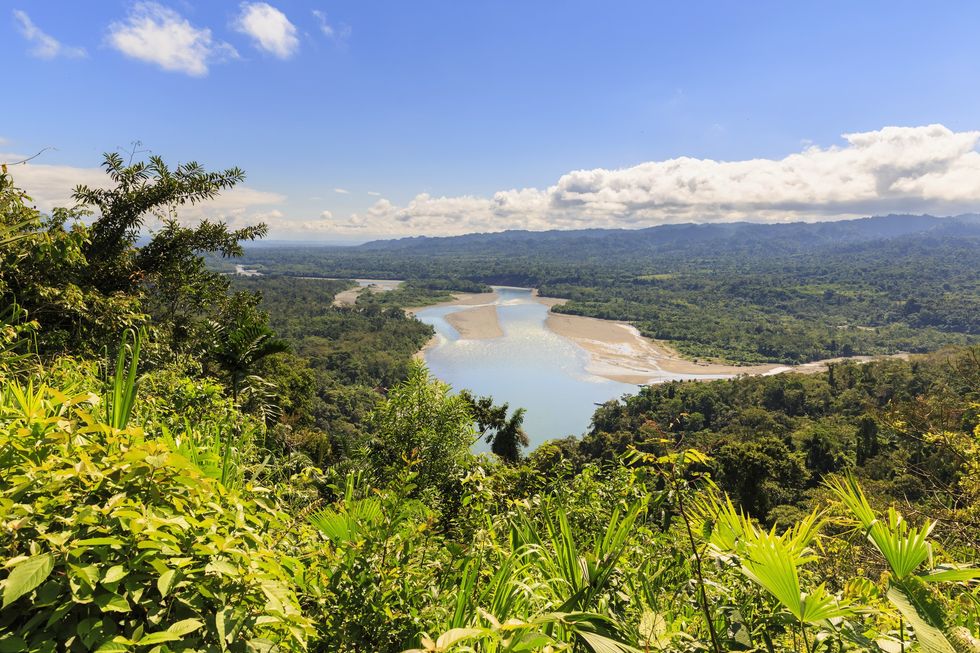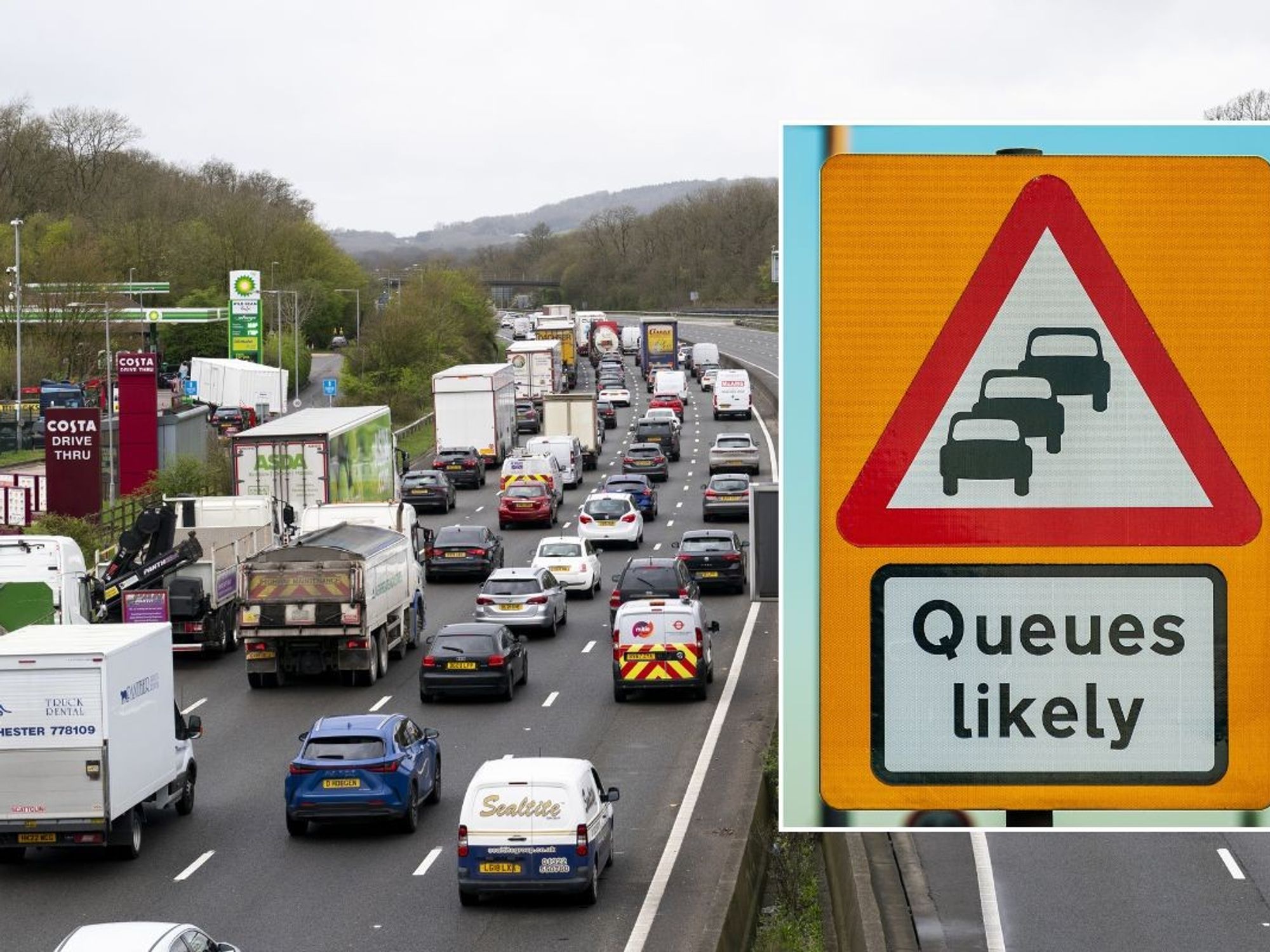Holidaymakers have been given new guidance about visiting the South American country
Don't Miss
Most Read
Latest
Britons heading to Peru have been given a word of warning from the UK Government as the country experiences an outbreak of a viral infection.
The Foreign, Commonwealth and Development Office (FCDO) said: "Peru is experiencing a major dengue outbreak following floods."
Britons were advised to consult the ‘Outbreaks’ page of the TravelHealthPro Peru guide for more information.
The World Health Organization (WHO) explained: "Dengue (break-bone fever) is a viral infection that spreads from mosquitoes to people. It is more common in tropical and subtropical climates.
"Most people who get dengue will not have symptoms. But for those who do, the most common symptoms are high fever, headache, body aches, nausea, and rash. Most will get better in one to two weeks. Some people develop severe dengue and need care in a hospital. In severe cases, dengue can be fatal."

Britons have been issued a warning about travelling to Peru
GETTY IMAGES
Britons can lower their risk of dengue by avoiding mosquito bites, particularly during the day.
The WHO added: "Dengue is treated with pain medicine as there is no specific treatment currently."
While tourists flock to Peru in their masses to climb the beautiful Machu Picchu or visit the Amazon Rainforest on organised tours, there are some areas that holidaymakers have been urged to avoid.
The UK Government said: "FCDO now advises against all but essential travel to two remote areas of Peru - the Valley of the Apurímac, Ene, and Mantaro Rivers (VRAEM) and the Putumayo river border area.
"Your travel insurance could be invalidated if you travel against advice from the Foreign, Commonwealth & Development Office (FCDO)."
Within 20km south of the Peru-Colombia border
Britons were told: "FCDO advises against all but essential travel to areas within 20km south of the Putumayo River and the border between Peru and Colombia (Loreto region)."
The FCDO's warning is due to a "high level of gang-related violence linked to the presence of organised crime related to the production and trafficking of illegal drugs".
Holidaymakers were advised: "If travelling on the Amazon River, be aware that the river is used by armed organised criminal gangs to transport and smuggle illegal drugs.
"There is little assistance available in this area from the Peruvian authorities, and any assistance available from the British Embassy is severely limited.
"You should stay on your boat where it passes through areas where FCDO advises against all but essential travel."
Exceptions include the Amazon River, and the area of the triple border with Brazil and Colombia from and including the towns of Caballococha in Peru up to the actual triple border at Santa Rosa de Yavari town.
Putumayo River
Britons should be aware that the FCDO "advises against all but essential travel to areas within 20km south of the Putumayo River which runs along much of Peru’s border with Colombia".
The FCDO explained: "The advice against all but essential travel applies to the Peruvian side of the Putumayo riverbank, though not on the river itself. If you are planning to disembark on the Colombian side of the Putumayo riverbank, you should check FCDO travel advice for Colombia.
"The Putumayo River forms most of Peru’s border with Colombia. It is an area known for intensive cocaine and marijuana production. Drug trafficking and other violent organised crime take place on, and in the area around, the river."
The Valley of the Apurímac, Ene, and Mantaro Rivers (VRAEM)
Holidaymakers were warned: "FCDO advises against all but essential travel to the Valley of the Apurímac, Ene, and Mantaro Rivers, also known as the VRAEM region.
FCDO advises against all but essential travel to the Valley of the Apurímac, Ene, and Mantaro Rivers, also known as the VRAEM region.
Britons were informed: "Remnants of the Shining Path far-left political party and guerilla group continue to carry out occasional ambushes and attacks in this area, mainly targeting the police, military forces and local authorities.
"Tourists are not usually targeted; however, you could be a victim of violence due to mistaken identity or by getting caught up in a security incident involving others.
"It is difficult for the British Embassy to provide in-person emergency or consular support in these areas. The local authorities may also be very limited in the help they can provide."
For those thinking of heading to other parts of Peru, the FCDO has specific safety advice on staying safe in the Amazon River. It also has safety guidance on the Peru-Ecuador border, Inca trail, Lake Titicaca, and Nazca Lines.
The FCDO added: "Most visits to Peru are incident-free. FCDO advises against all but essential travel to the two areas above for safety and security reasons."
LATEST DEVELOPMENTS

Peru is a beautiful country with incredible nature
GETTY IMAGES
The FCDO added: "No travel can be guaranteed safe. Read all the advice in this guide and any specific travel advice that applies to you: women, disabled people and LGBT+ people.
"Follow and contact FCDO travel on Twitter, Facebook and Instagram. You can also sign up to get email notifications when this advice is updated."
Holidaying abroad is always very exciting, but it's important to read up on your chosen country before you go there.
Britons were recently issued a warning about travelling to another popular holiday destination.
Those thinking of heading to Mexico were warned about "violent car-jackings and robberies". Britons in the country should be aware of potential "violence or intimidation".
Closer to home, Britons in Mallorca, Spain were warned that tourists could be hit with a ban to cut back on cruise ship visits.














